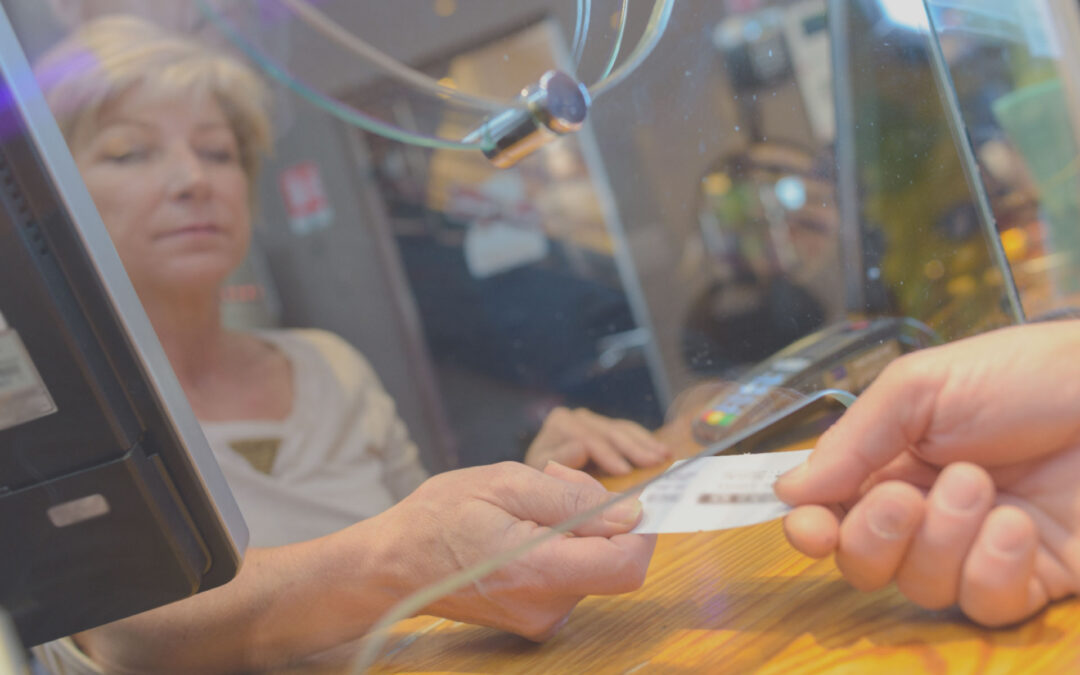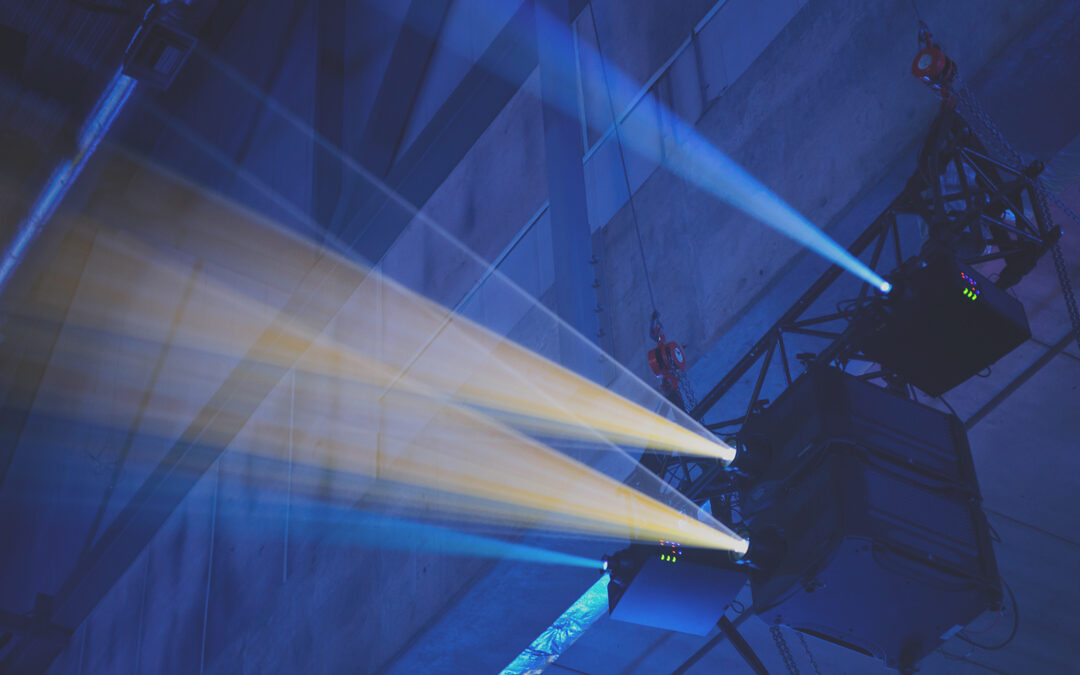Why Bloggers?
If you are looking for tangible PR results, it is tough to match the impact of a blog post.
Why? Mostly because of the impact blogging has on search.
You may want to invite bloggers to your event because they are usually social networks power users. We are hell of early adopters.
Proper bloggers will share the hell out of their blogpost on Instagram, Facebook & Twitter.
Therefore you definitely hit two flies with one swatter.
A further reason is that you’ll earn trust. Bloggers usually speak their mind and their readers tend to trust them. The good news is that social proof immediately extends to your event in case of favorable feedback.
Inviting a blogger does not mean you’ll get a positive review or live blogging. Being accommodating, getting them freebies will not result in positive feedback if your event is, well, not great. This is if you invited proper bloggers. Average bloggers’ opinions can be shaped. Top bloggers recognize the good from the bad. And blog about it.
If you are still with me and decided to get bloggers to attend your event, here is how to do it.
Research
A rule of thumb is to invite only relevant bloggers to attend. If your event is about fashion, you want fashion bloggers. You get the picture? Make sure they also reflect the tone of voice of your event. Read their posts and watch their language. In order to understand who to invite, think in terms of:
You may want to reach out to local bloggers first, as getting them to come from the other side of the world may have a budgeting impact.
In case you are undecided on whether it is worth it, look at the blogger reach to make a better decision.
Pro-bloggers know the size of their audience, their geographic location and so forth.
If you do not want to ask for this data overtly you can use external tools to understand the influence of bloggers in your industry.
Treat Bloggers as Press
Sometimes the readership of a blog is twice the size of any other industry magazine. The quality of that readership is usually pristine. It’s earned through the years, it’s there waiting to listen. It’s not a list of contacts bought on the Internet. Create a blogger status and give it the same benefits you give to press. Here are some important reminders that will help you to win bloggers’ hearts:
- Having a dedicated space. A bloggers lounge or area.
- Having a dedicated fast connection to upload pics, posts etc and, in general, wifi at the event.
- Having an operating position (it can be a beanbag with an ethernet or wifi connection and most of all electricity plugs)
- A Tweet Wall with tweets to check out what is being said
- Have some sort of relationship with official channels (Twitter accounts, Event Blog) depending on the event. This can be anything from guest posting to rating content.
Getting in Touch
Communication is key with bloggers. They like to feel as VIPs. Maybe they aren’t but they like to feel like that.
A lot of bloggers started a blog because they were rejected by the journalism world or by an industry ecosystem. Bloggers reputation is earned on the ground with a lot of sweat, posting and coffee. They want recognition of that.Therefore the only tip I can give is to have a personal approach, get to genuinely know the blog (mentioning the last post doesn’t work) and be nice. Despite this halo of celebrity, real bloggers are approachable and always respond to genuine requests.




Recent Comments